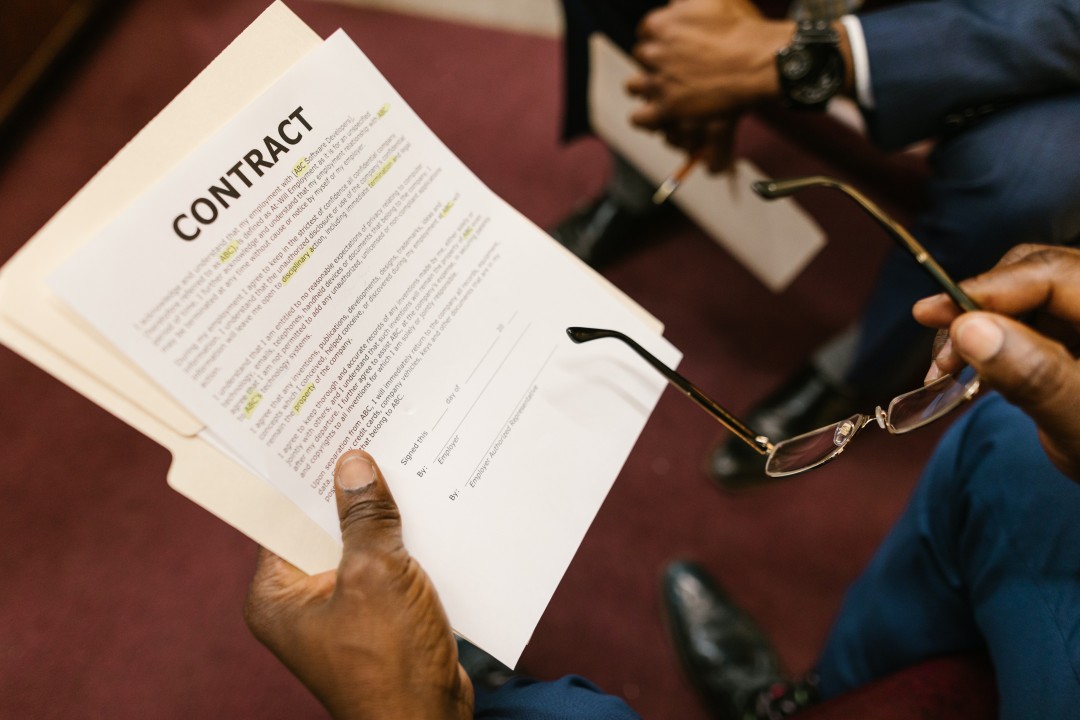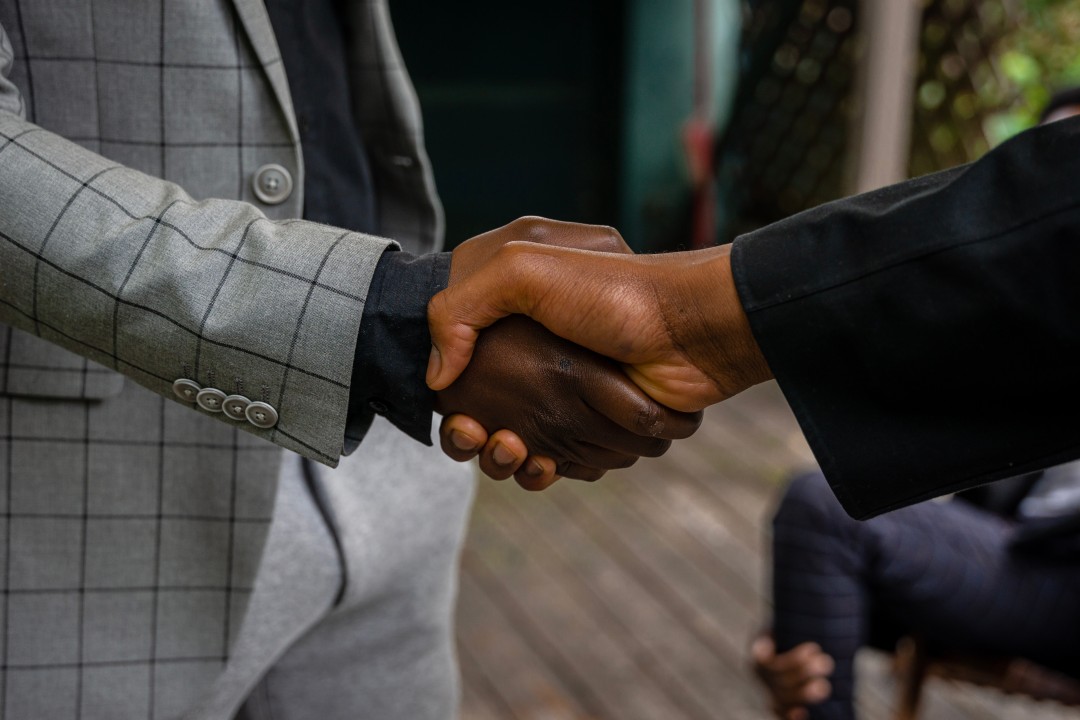Laurel Bellows is encouraging rookie attorneys to open up their own shops — with help from senior lawyers
Though stories abound about how freshly minted lawyers have been having trouble finding work recently, Laurel Bellows, the president of the American Bar Association, says she’s hopeful: “I want them to stay in the practice of law,” she said. One solution she proposes is to have younger attorneys team up with older lawyers who have been forced into retirement by their firms.
Bellows, former president of the Chicago Bar Association, is head of The Bellows Law Group, a five-lawyer litigation and employment boutique in Chicago. As president of the ABA since August, she is focusing her one-year term on a range of issues, from human trafficking and cybersecurity to gender equality within law firms.
The National Law Journal sat down with Bellows on November 16 for a question-and-answer session and then followed up with her by email. Responses have been edited for length and clarity.
HUMAN TRAFFICKING
The National Law Journal: As ABA president, you’ve zeroed in on three initiatives: human trafficking, gender inequality and cybersecurity. What is the status of those programs?
Bellows: We knew that we were going to take on the fight to eliminate slavery in sex and labor here in the U.S. We have to make Americans really angry and tell them we have slavery. We usually do model laws, and the states can tweak them as they choose. We hope to have a unified law signed on by the representative of all the states.
The reason it’s important is because there aren’t any [national] laws. It is a state-by-state approach. [But the ABA’s is] a very national approach. Only the power of the ABA and the credibility of the ABA could convince the states to take this on. We are getting the business lawyers engaged [in crafting] business-conduct standards [that can] clean supply chains of the use of slave labor. We are looking for voluntary action by the corporations of America. Let’s eliminate the slave labor from anywhere in the supply chain. What if everyone had a one-page [handout] that said: “What are the 10 ways of identifying trafficking?”
We have slaves in our country in huge numbers. Atlanta and Seattle are your hubs. There is virtually no place untouched. The next part, we have lawyers who are training to take the profit out [of trafficking] by [bringing] civil RICO cases. Let’s tighten penalties. If you’re not afraid of going to jail, I think you are afraid of losing your profit.
GENDER INEQUALITY
Bellows: Everyone has a different view of what equality means. Women with children are not viewed the same way as a family man. A family man is dedicated and committed and dependable. He is the supporter of the family. How do we deal with that? Compensation committees are closed. Women are rarely represented on those committees.
We are tired of talking about bad news. We are working very, very hard on a model compensation policy for larger firms. It could be a 50-person firm or a 25-person firm. It will be a model compensation policy that will take the best out there and improve equity partnership.
CYBERSECURITY
Bellows: How does a lawyer protect the intellectual property of [his or her] client? It was very difficult for our [20/20 Hindsight] committee to suggest model regulations when nobody can protect [a computer system] against people who have the money and time to enter it. All we could do is say that you have a responsibility to use due diligence. [Firms] have spent a huge amount of money to protect their systems from becoming a path to other people’s systems. At any level, you can spend millions of dollars.
[The ABA] needs to give advice. What constitutes protection and what protection is available? What protection is not available? Maybe returning to paper files? American lawyers are going to have to discuss this issue. … We have some individual rights and privacy concerns. People make a big deal about that, and we are at a stage where we are unprepared to fight a cyber war.
NLJ: What are your thoughts on the general state of the legal industry?
Bellows: You need lawyers during the good times, and you need lawyers during the bad times. You pay [associates] $160,000 a year, and your clients refuse to use them — that is what we hear. Our corporate clients are saying, “Don’t bill me for your first- and second-year [associates].” That is kind of a loss leader to start with, and yet because you’re competing with other firms to get the very best talent, you find that the investment is worthwhile. The person that you hire who is bright and capable, you might pay [him or her] for three years an enormous salary that you don’t recoup immediately. But you know that [the lawyer’s] talent is going to pay off over the long run. Maybe that is what dictates it. Future investment.
The other side of me wonders: If a federal judge gets paid $160,000, where are our priorities? That is [one] of the issues that Chief Justice [John Roberts Jr.] has been fighting for so long. …
We find there are different needs for different kinds of law. … Within certain sectors, attorneys may lose their jobs. It was very hard for bankruptcy lawyers recently. Then all of a sudden, bankruptcy was the law to practice, just as it had been several years before. Now it’s governance and compliance.
NLJ: I’m also wondering about the financial health of the ABA as a whole. How did the economic downturn impact the ABA’s revenue and employment?
Bellows: For the past two years, our membership has grown after some modest declines in the years immediately following the economic crisis. We are extremely responsive to the needs of our members. Lawyers are very excited about the initiatives we are focusing on this year and the fact that the ABA is handling cutting-edge issues as they relate to law and the practice of law.
NLJ: How do you train the next generation of lawyers if firms aren’t hiring them? What job opportunities do they have?
Bellows: They are hiring them, [although] I think we have found that a lot of firms have cut back their first-year classes significantly. I want them to stay in the practice of law. It’s not just that they went through three years and paid a lot of money. … How in the world do we capture a universe of passionate people who should be in the practice of law? I think that we have to look at the practice of law a little differently than we have been. … I think we have to encourage people to open up their own firms and match them up with a lawyer who was … forced [into] retirement because there is a lot of aging out of law firms.
NLJ: Along those lines, one of your proposals was to pair budding attorneys with more seasoned attorneys who were aging out of law firms. How would a program of young and old attorneys be structured?
Bellows: We are looking for experienced senior lawyers who could either mentor young lawyers in these difficult economic times or actually team up with them to take on cases. And we are in search of senior lawyers who are willing to take on this idea and make it a reality.
Read more:



